Cinenova: Now Showing
Claire Hope and Judith Barry
Thursday 18 February 2016
7–8.30pm
Book via eventbrite, £4/2
Now Showing intends to materialise relationships between contemporary artist moving image practice and the feminist and organising legacies present in the Cinenova collection.
The format of the series is that an artist filmmaker is invited to select a film from the Cinenova collection which they would like to screen alongside a work of theirs.
For February’s screening Claire Hope will show her 2014 work Group Photo, (9mins) alongside Judith Barry’s Kaleidoscope, (50mins) 1978.
Claire Hope, Group Photo, Digital video, 9mins, 2014
Commissioned by Gallery II, Bradford in 2014 Group Photo is based on the generic group photograph. Yet in this staged work, how the group behave and are viewed by the camera, also how we as viewers feel about them becomes increasingly unpredictable. The work draws on emotional extremes common to contemporary media’s reality shows, competitions, not least cinema and web-based media – which may invite a powerful empathy towards those we watch – as often as a ‘judging’ coldness. Where such extremes seem to amplify wider attitudes in social life, like valorising love or achievement, in this moving image work affection and assessment become the poles around which the formal and promotional group photograph is depicted. But the contrast between these imagined portraits, and the way the camera treats the group, seems to invite different sorts of action and interaction.
Judith Barry, Kaleidoscope, 50mins, 1978
Originally performed over a two-week period at the San Francisco Museum of Modern Art, these five-minute scenes juggle with domestic situations and probe the dynamics of a couple’s daily interactions – but in this instance the male character is cleverly played by a woman. Popular conventions from TV, cinema and theatre are used to drawn attention to issues raised by middle-class feminism. The format parodies typical soap opera programmes and in so doing highlights how, in its attempt to reflect ordinary life, soap opera grossly distorts reality through over-dramatisation and compacting events. Barry hints and puts across the feeling that women then tended to seek solutions to their problems within the confines of personal relationships, instead of pursuing them in the outside world where they really intended changes to take place.
Cinenova Feminist Film and Video Distributor was founded in 1991 following the merger of two feminist film and video distributors, Circles and Cinema of Women. Each was formed in the early 1980s in response to the lack of recognition of women in the history of the moving image. Both organisations, although initially self-organised and unfunded, aimed to provide the means to support the production and distribution of women’s work in this area, and played critical roles in the creation of an independent and radical media.
A digital archive of selected works from Cinenova distribution is available for viewing at The Showroom. Click here to book to view the digital archive
Related
Events
Article
Events
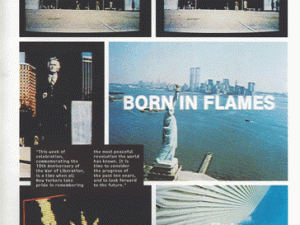
Event
Born in Flames
Broken Taboos and New Voices in Iran
Event
Broken Taboos and New Voices in Iran
The Dialectic of Sex: A Reproduction
Event
The Dialectic of Sex: A Reproduction
Short-Circuits and Signals
Event
Short-Circuits and Signals
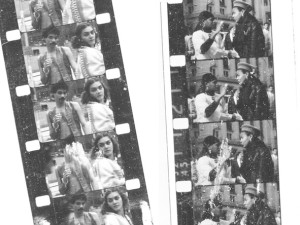
Event
Cinenova: Now Showing
Cinenova: Now Showing
Event
Cinenova: Now Showing
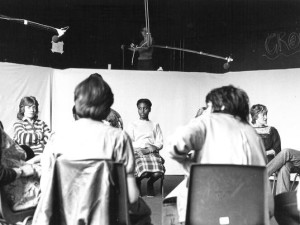
Event
Bred and Born
Cinenova: Now Showing
Event
Cinenova: Now Showing
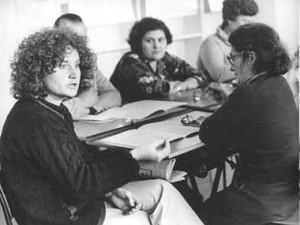
Event
Cinenova: Now Showing
, –
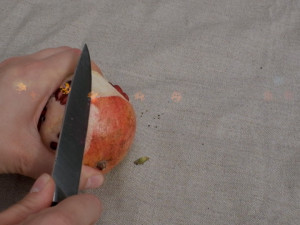
Event
Cinenova: Now Showing — Holly Antrum
, –
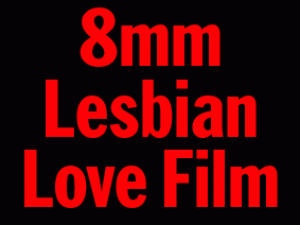
Exhibition
Reproductive Labour: An exhibition exploring the work of Cinenova
–